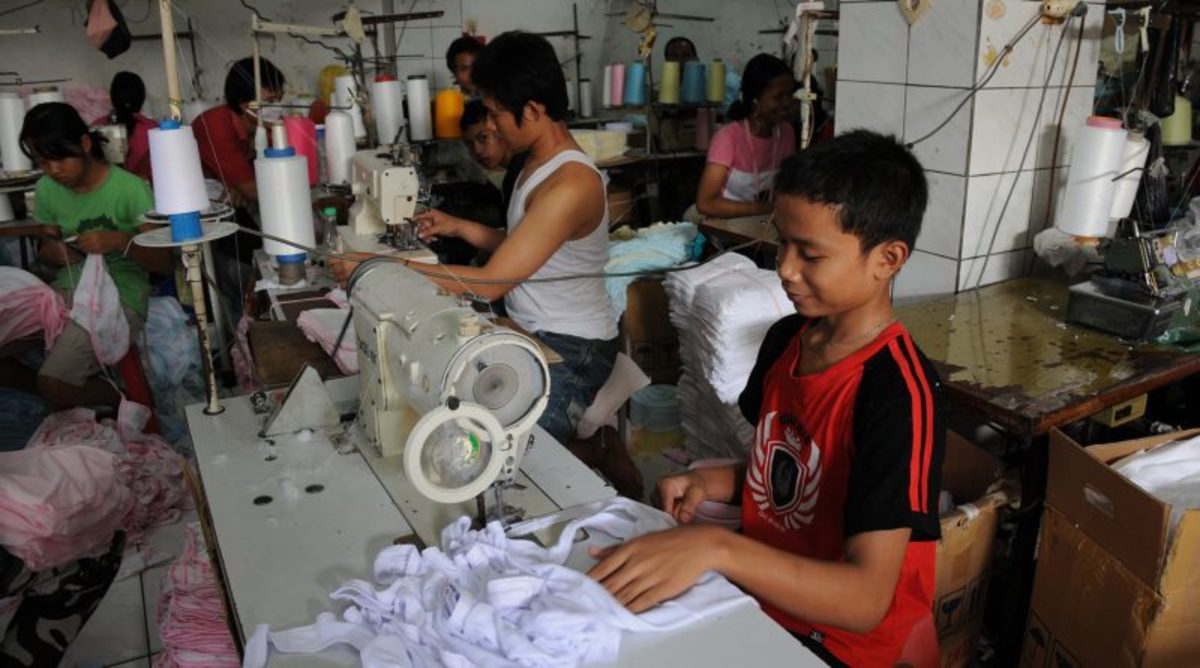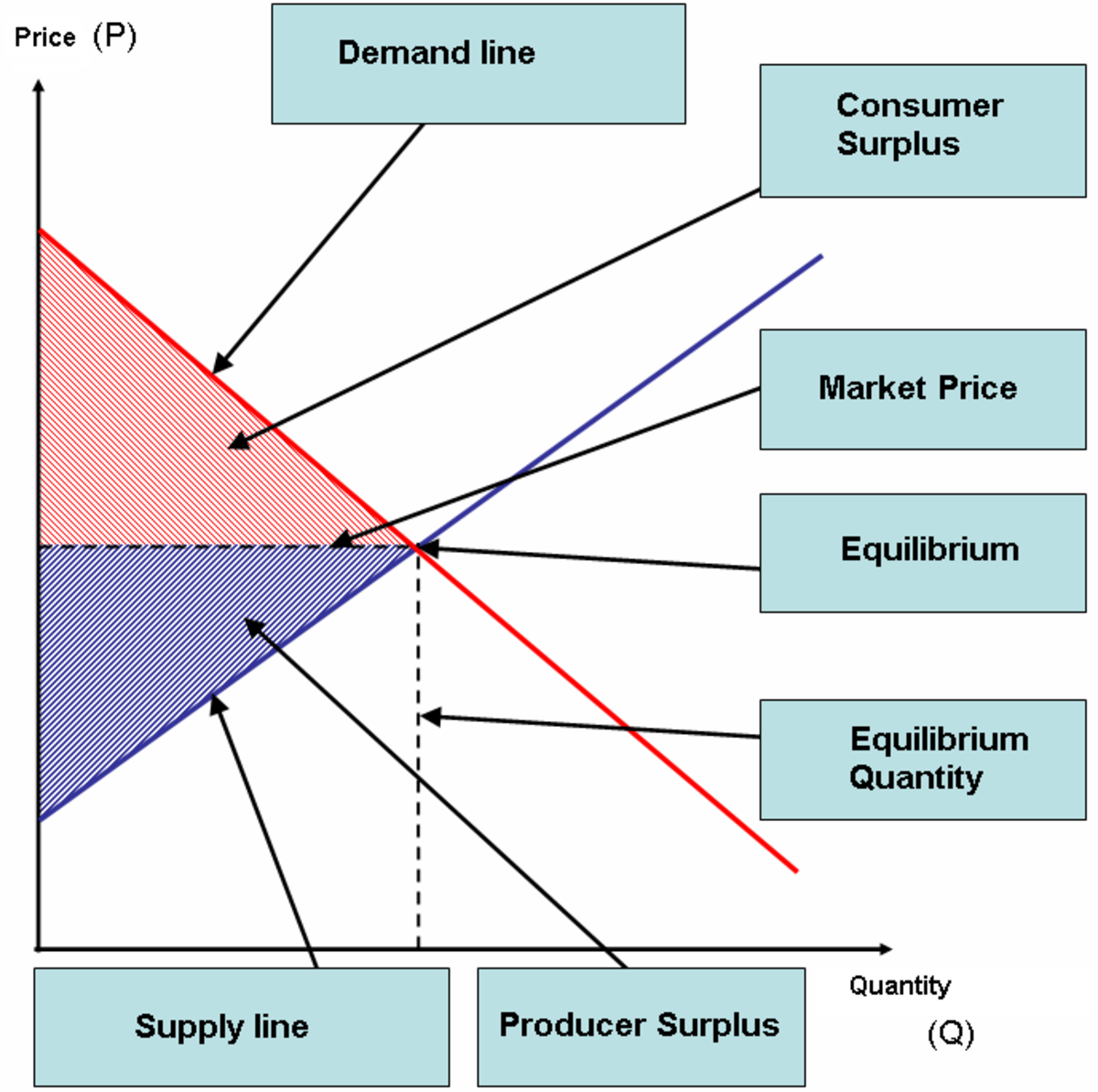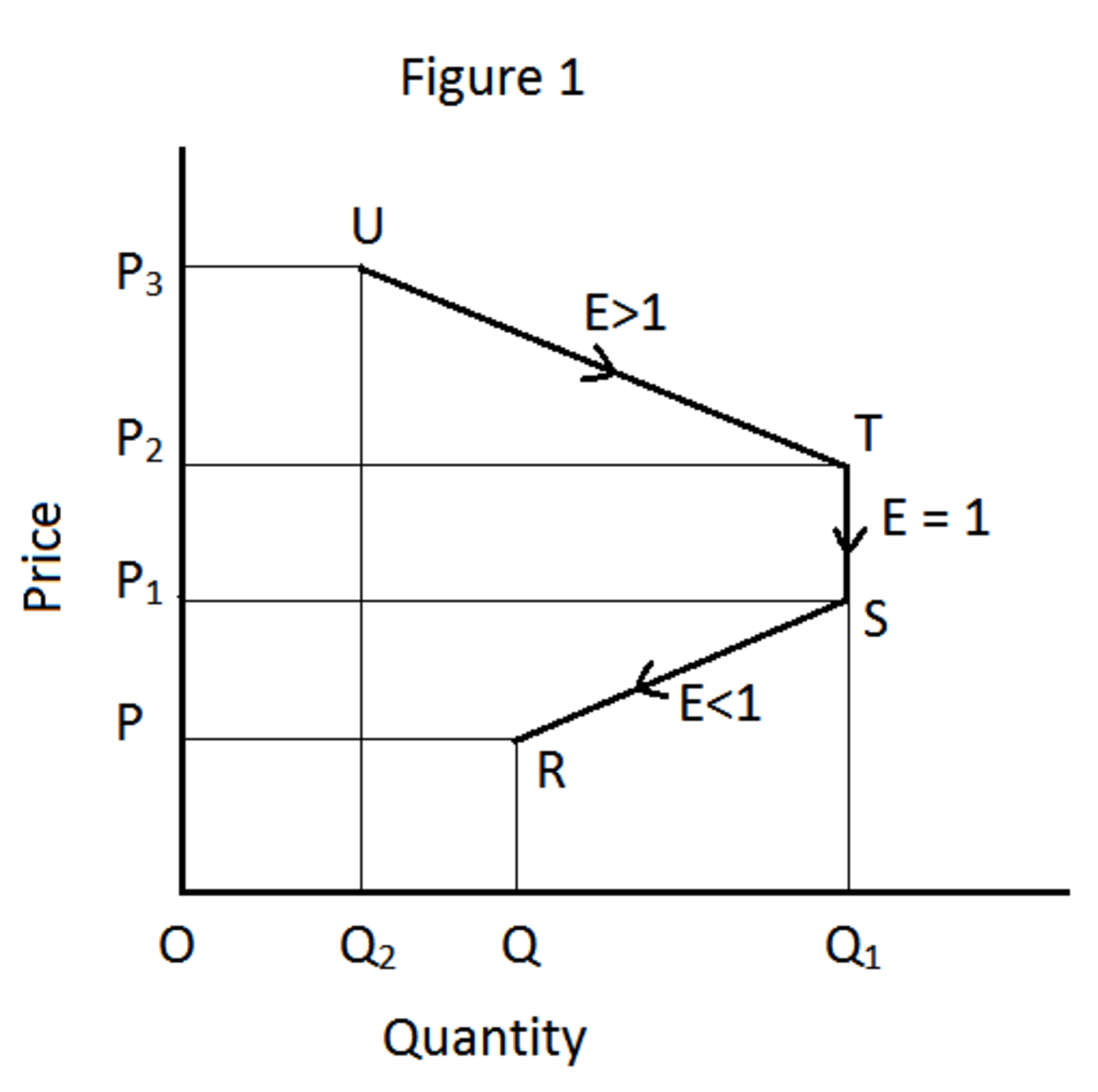Understanding Child Labor Laws: A Parent Guide

Understanding child labor laws is important for every parent. It can be a consuming process to know age requirements, what jobs are right for your kid, and, especially, what they will be made to do. But it can never be a hassle to keep your child safe.
For this reason were child labor provisions created as part of the Fair Labor Standards Act (FLSA) to ensure that work does not jeopardize a youth’s health, well-being, or education.
Most minors generally acquire a job for personal money or to assist at home. In today’s economy, although jobs are tough to find, the strain on the home is requiring youth to make money just to cover themselves and so keep the home afloat. Nevertheless, parents need to be scrutinizing of their children’s first jobs.
Occupational Health Hazards for Youth
Federal labor laws allow youth of any age to work for parent-owned businesses if the work is not deemed hazardous by the Secretary of Labor or is in the mining or manufacture sectors. Also, minors can deliver newspapers and harvest evergreens. Youth 18 years or older are no longer subject to child labor provisions.
Very many minors take restaurant jobs, which can be very dangerous. FLSA has specific rules concerning this. Youth 16-17 are permitted to do most things in restaurant kitchens but are prohibited from using hazardous machinery, like power-driven meat processing and bakery machines and commercial mixers. In fact, they’re essentially not permitted to touch these machines or any part of them, to setup, adjust, or clean.
Youth 16-17 are able to use lightweight, small, or portable machinery that is comparable to models intended for home use. If working in the pizza industry, they may only operate dough rollers (that have designed safeguards for the hands and clothing)—but nothing more. They may not make time-sensitive deliveries or drive at night, on any job.
Youth 14-15 may perform cooking duties but never over an open flame and only with deep fryers that use automatic basket lowering/raising devices. They may never cook with NEICO broilers, high speed ovens, rapid broilers, fryolators, rotisseries, pressure cookers, or over open flames. No part of the baking process (not even weighing ingredients) can be performed.
This group is allowed to prepare and serve food and beverages, and so is the use of necessary equipment for drinks, popcorn, coffee, and so on. They may not touch or operate any hazardous equipment. They may clean surfaces and non-hazardous equipment if temperatures are below 100-degrees. This also includes the disposal of hot grease (not to exceed 100-degrees.) They may retrieve items from inside a freezer or cooler but never perform lingering work there.
Federal Child Labor Standards at Age Glance
Age 18
| Ages 16-17
| Ages 14-15
| 14 and Younger
| |
|---|---|---|---|---|
Subject to FLSA?
| No
| Yes
| Yes
| Yes
|
Can work mining or manufacture?
| Yes
| Yes
| No
| No
|
Can work a hazardous occupation?
| Yes
| No
| No
| No
|
Can drive or help on vehicle on a public road?
| Yes
| Limited. No time-sensitive or PM deliveries
| No
| No
|
Can bake or cook?
| Yes
| Limited
| Very limited
| No
|
Can prepare or serve food?
| Yes
| Yes
| Yes
| If parent-owned business
|
Can filter or dispose hot oil?
| Yes
| Yes
| 100-degrees or less
| No
|
Can work in freezers and coolers?
| Yes
| Yes
| Retrieval only
| Retrieval only in parent's business
|

Did You Know?
Restaurants and food businesses with annual gross sales from one or more establishments totaling at least $500,000 are subject to FLSA laws.
Legal Working Hours and Wage Laws
FLSA rules extend to the hours minors can work. For instance, youth 16-17 can work unlimited hours on any non-hazardous job. But rules become stringent for 14-15 year-olds. They may work not more than 3 hours per school day, 18 hours in a school week, 8 hours on a non-school day, or 40 hours in a non-school week. Their work may not begin before 7 a.m. or end after 7 p.m., except from June 1 to Labor Day, when evening hours are extended to 9 p.m.
FLSA allows employers to pay a youth minimum wage of (not less than) $4.25 per hour to employees under 20 years of age during their first 90 consecutive days after initial employment. On jobs where tips are made and a base rate of $2.13 per hour is earned, any overtime made is to be paid at 1½ the general minimum wage and not the base rate ($2.13).
Parents should also know that uniforms that are required by employers are considered a business expense of the employer. Yet employers are permitted to lay the expense on the employee. Should this occur the cost may not reduce one’s wage below the minimum wage or cut into any overtime compensation.
This article has not been exhaustive but has covered what probably applies to a majority of youth employment. I hope that you now see why understanding child labor laws is extremely important for parents and youth.








